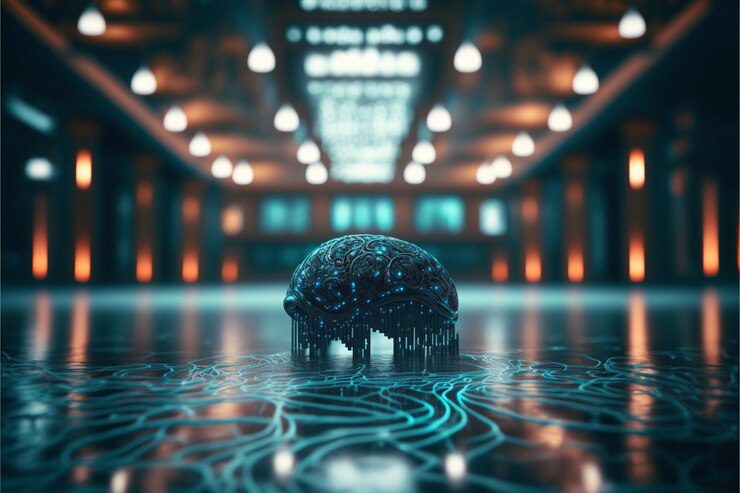In today’s digital age, the integration of artificial intelligence (AI) with human psychology represents a fascinating confluence of disciplines. As AI continues to advance, its impact on various aspects of human life, including psychology, becomes increasingly profound. In this blog, we delve into the intricate relationship between AI and human psychology, exploring how these two fields intersect and influence each other.
Understanding Human Psychology
Human psychology encompasses a vast array of mental processes and behaviors that shape our thoughts, emotions, and actions. It explores the intricacies of human cognition, perception, motivation, and social interactions. For centuries, psychologists have sought to unravel the mysteries of the human mind, employing various theories, methodologies, and empirical research.
The Evolution of Artificial Intelligence
Artificial intelligence, on the other hand, is a rapidly evolving field of computer science that aims to create intelligent systems capable of mimicking human-centric AI cognitive functions. From rule-based systems to machine learning algorithms and neural networks, AI technologies have made remarkable strides in recent years, enabling machines to perceive, learn, reason, and interact with humans in increasingly sophisticated ways.
AI-Powered Insights into Human Behavior
One of the most intriguing applications of AI in psychology lies in its ability to analyze vast amounts of data to gain insights into human behavior. By leveraging techniques such as natural language processing, sentiment analysis, and predictive modeling, AI systems can sift through text, audio, and visual data to discern patterns, sentiments, and trends in human communication and behavior.
For instance, social media platforms utilize AI algorithms to analyze user interactions and preferences, enabling targeted advertising and content recommendations. Similarly, healthcare providers employ AI-driven predictive analytics to identify individuals at risk of mental health disorders or to personalize treatment interventions based on patient data.
Enhancing Psychological Assessment and Therapy
AI technologies are also revolutionizing psychological assessment and therapy by providing innovative tools and platforms for mental health professionals and individuals alike. Virtual therapists powered by emotional AI chatbots offer round-the-clock support and guidance for individuals dealing with stress, anxiety, or depression. These chatbots employ natural language understanding and sentiment analysis to engage in empathetic conversations and provide personalized coping strategies.
Moreover, AI-driven assessment tools can streamline the process of psychological testing and diagnosis by automating scoring, interpretation, and report generation. By harnessing machine learning algorithms, these tools can analyze responses to standardized assessments and provide clinicians with valuable insights into an individual’s psychological profile and treatment needs.
Ethical Considerations and Challenges
However, the integration of AI and psychology also raises ethical considerations and challenges. Concerns about data privacy, algorithmic bias, and the dehumanization of mental health care have prompted calls for careful regulation and oversight of AI applications in psychology. Moreover, the reliance on AI-driven interventions raises questions about the potential loss of the human touch and the importance of empathy and human connection in therapeutic relationships.
The Future of AI-Psychology Integration
Looking ahead, the intersection of AI and human psychology holds immense promise for advancing our understanding of the mind and improving mental health outcomes. By harnessing the power of AI to analyze complex datasets, predict behavioral patterns, and deliver personalized interventions, we can usher in a new era of data-driven, accessible, and effective psychological care.
However, it is crucial to approach this integration thoughtfully, ensuring that AI technologies are used ethically, responsibly, and in collaboration with human practitioners. As AI continues to evolve, psychologists and technologists must work together to harness its potential while safeguarding the fundamental principles of human well-being and dignity.
Conclusion
The intersection of AI and human psychology represents a dynamic and transformative frontier in both science and practice. By leveraging AI technologies to deepen our understanding of human behavior, enhance psychological assessment and therapy, and address mental health challenges, we can unlock new possibilities for improving the human condition in the digital age. As we navigate this exciting journey, let us remain mindful of the ethical implications and strive to harness AI’s potential for the betterment of individuals and society as a whole.







